
New book captures 46 portraits of transgender struggles

The book TRANS* gives a face to those who have had to fight against prejudices and stigma to be at peace with their bodies. On International Transgender Day of Remembrance, the book is a reminder that transgender people are still victims of discrimination and persecution worldwide.
Published by the Swiss association ÉPICÈNE, which works on behalf of transgender people, the book TRANS*External link recounts the often painful journeys of men and women, born in bodies that do not belong to them, and who have taken the long and winding road of transition from one gender to another.
“One can only understand this feeling of dysphoria when you really experience it yourself. It’s a deeper feeling than having blue eyes and wanting them brown,” Ryan explains in the book. The ÉPICÈNE project sheds light on the reality that affects one in 200 people. On November 20, International Day of Transgender Remembrance, the personal stories in the book are a reminder of how transphobia continues to take its toll.
Last year some 350 trans* people in the world were killed, according to the Transgender Murder Monitoring reportExternal link. Brazil, Mexico and the United States are among the most dangerous countries. The numbers, which represent only the visible part of the iceberg, have consistently increased since 2008.

Pain
“I reached a stage where there was no other solution for me. Either I was going to transition or end my life, because I felt so bad,” explains Ryan. A story that highlights the suffering that lies behind trans identity but also the courage of those who manage to free themselves of society’s glare that can be ruthless for those that don’t conform to society’s norms.
“The suffering comes in large part from society’s view of differences,” notes Lynn Bertholet, the president of ÉPICÈNE. It is difficult to accept the image one sees in the mirror. The discrepancy is even greater for trans people.
“When can I say my transition is over? On the one hand never, because there is always room for improvement,” says Aiden, one of the people featured in the book. “You have to know how to stop and accept yourself as you are,” says Christina.

The 46 testimonials talk about discrimination and stigmatisation, which remain a part of daily life for many. “Over time society has become more tolerant but acceptance is still lacking,” says Bertholet. It is particularly difficult for transgender people to integrate in the workplace.
“Many women in our association lost their jobs following their transition,” laments the president of ÉPICÈNE. The health system also proves to be helpless when confronted with trans identity, she says. “No gynaecologist knows how to conduct an exam on a trans* woman.”
November 20 is Transgender* Day of Remembrance, held worldwide in memory of victims of transphobia due to their gender expression and/or gender identity. It was first celebrated in 1998, following the murder of Rita Hester, a trans African-American woman in the United States.

Freedom
The photo project was born out of an encounter between Bertholet and the photographer Noura Gauper. “I did a photo session with her, during which she saw me as a woman in my own right. Her perspective and her photos helped me feel confident, and I wanted to offer the same opportunity to other transgender people to have this experience,” explains Bertholet.
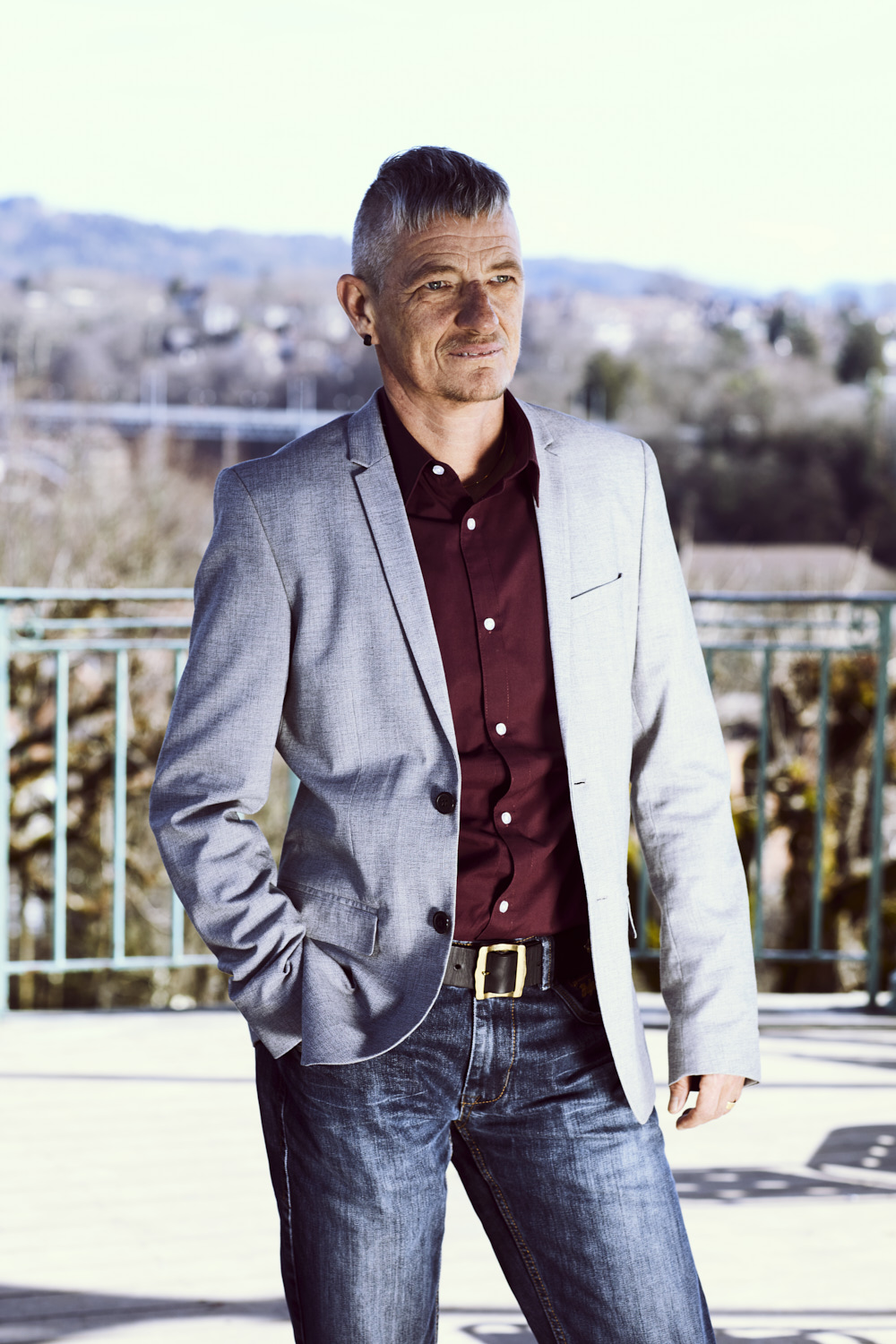
In each picture, the photographer’s lens has enhanced the protagonists’ femininity or masculinity, capturing their beauty in a personalised setting.
“I used to have hate inside me, as if testosterone was reacting badly inside me. Now I feel calm,” says Lea. A rebirth, a relief, a second life. After sharing the suffering of the protagonists in the book, the reader discovers the intense sense of freedom that the transition brings. “For the first time, I saw you radiating happiness,” recalls Lars’ partner, who supported and accompanied him in his transition.
Feelings
Loved ones also experience transition. When it occurs within a relationship, it is common for couples to break up. Lars and Irene are the exception: they have lived through the adventure together, moving from a lesbian relationship to a heterosexual one. “It was important that Irene could take this journey with me,” says Lars.

“Few trans* people are in a relationship with a cisgender person (a person whose gender identity corresponds to the sex assigned at birth),” laments Lynn Bertholet. For her, it’s a sign that prejudice still exists and that society does not yet fully accept trans identity.
“The hardest thing is to see the expression of a man, who has fallen in love with me, change when he discovers that I am trans. It’s atrocious,” Christina describes.
Bertholet dreams of a world in which trans* people will simply be considered ordinary people. She continues to fight for this. Her signature is always accompanied by a quote from Mexican author Don Miguel Ruiz: “True freedom is to be free to be who we really are.”
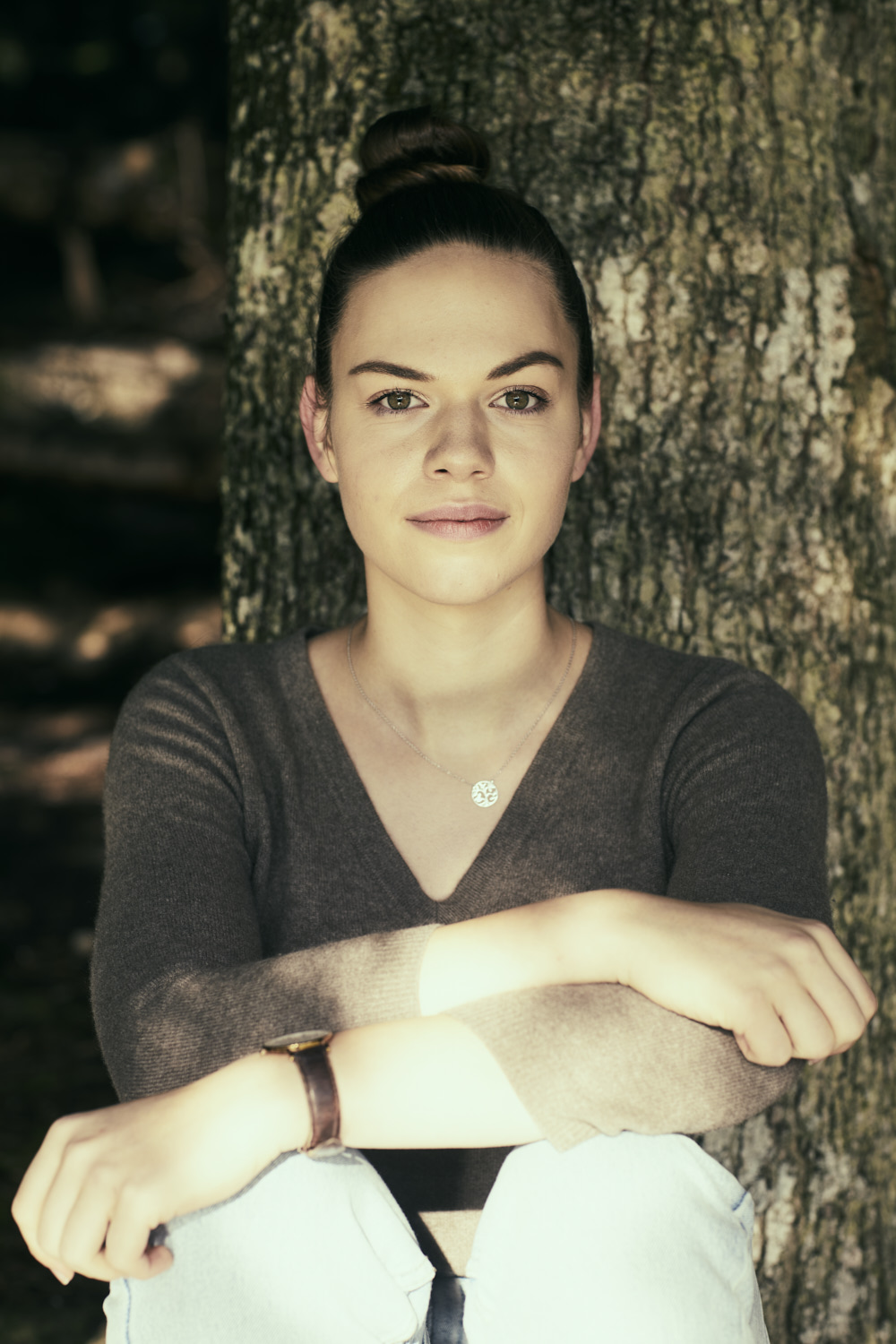
*The asterix signifies all forms of transidentity

In compliance with the JTI standards
More: SWI swissinfo.ch certified by the Journalism Trust Initiative




















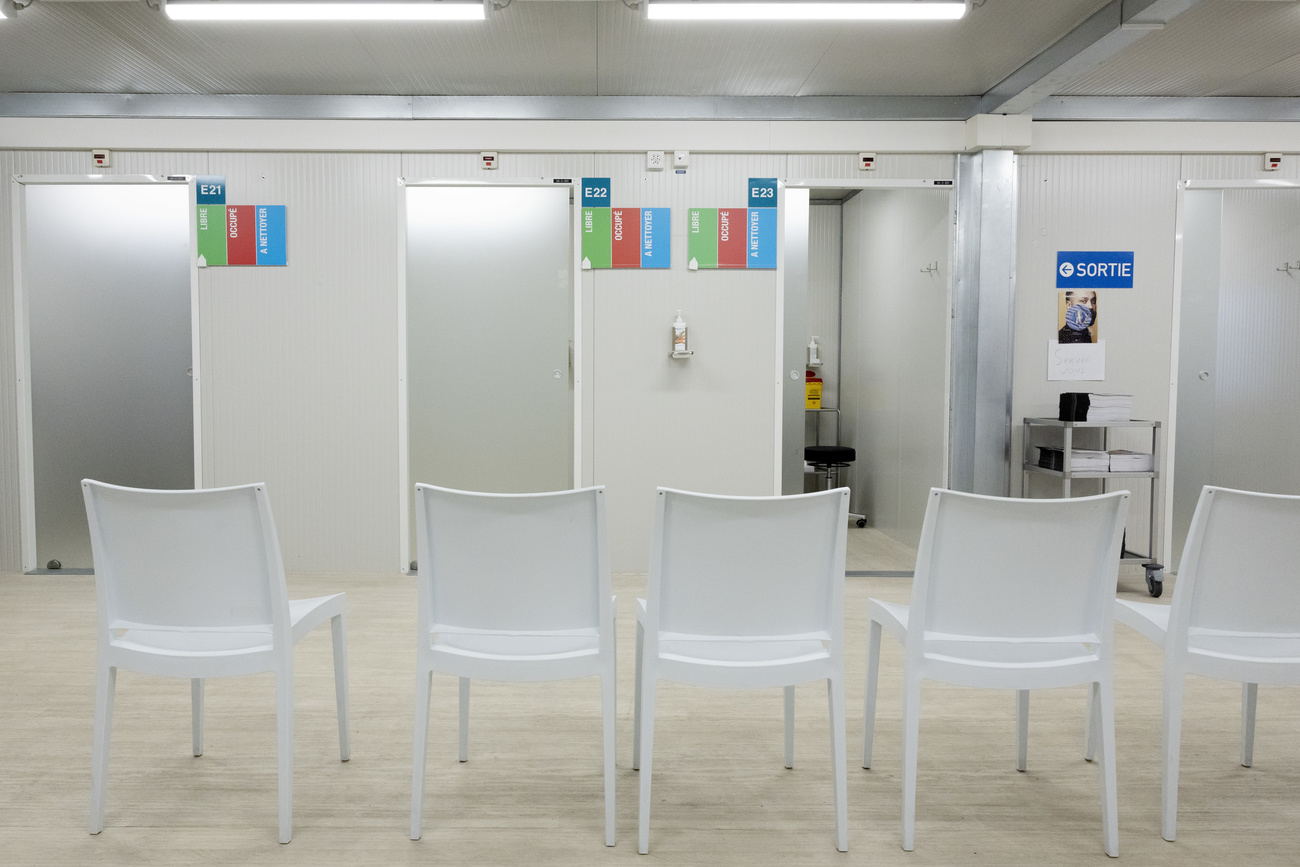

















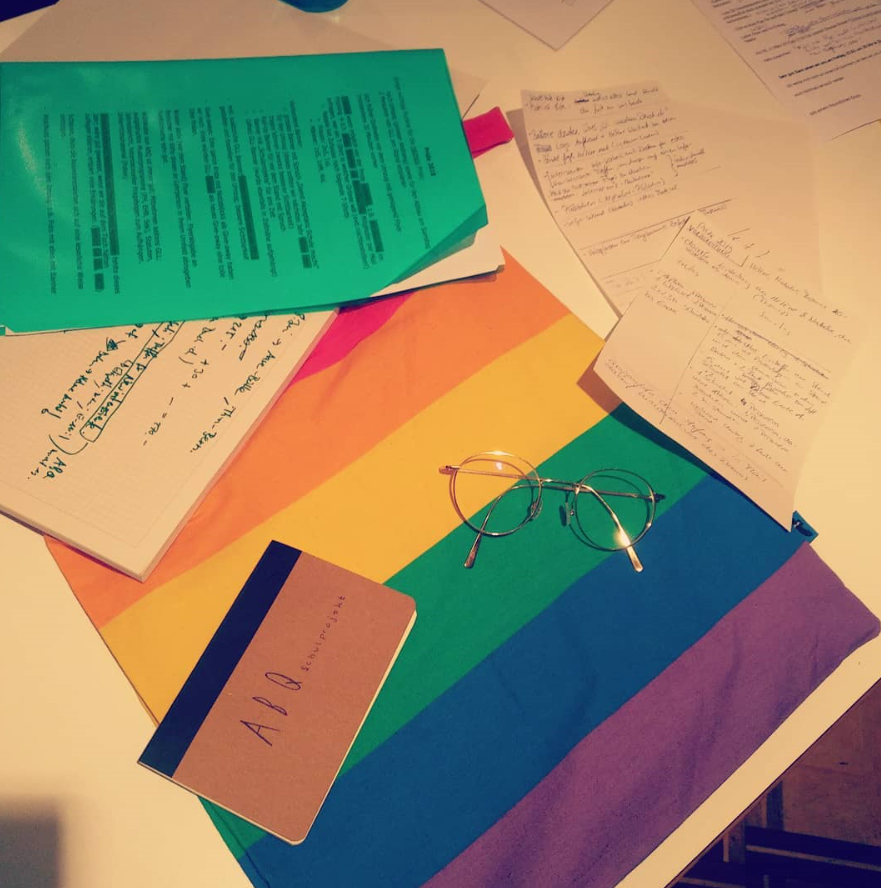

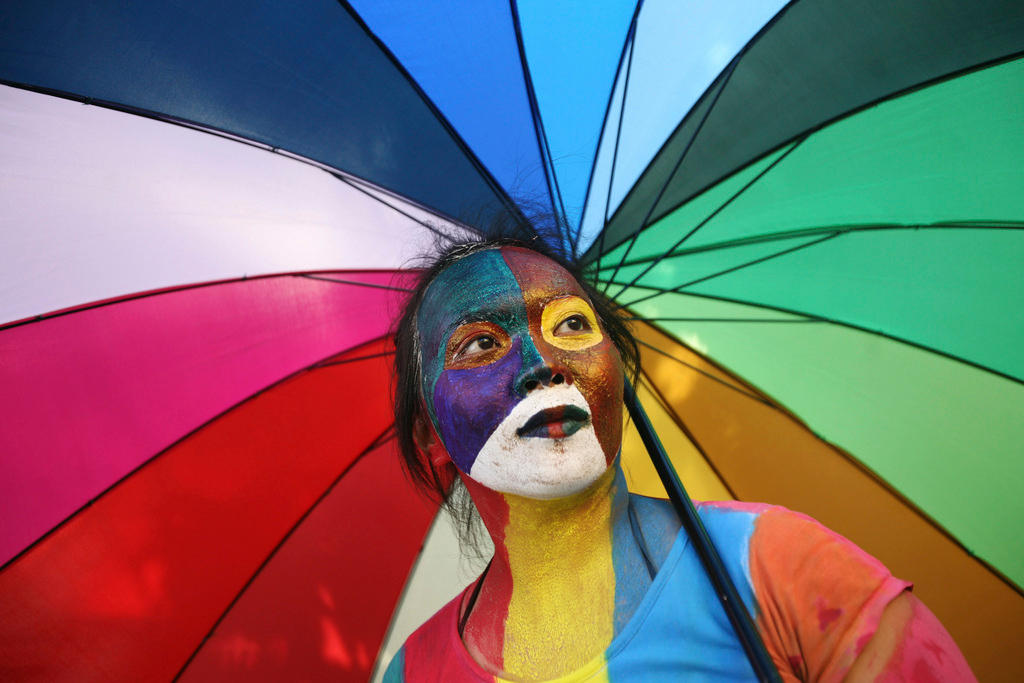



You can find an overview of ongoing debates with our journalists here . Please join us!
If you want to start a conversation about a topic raised in this article or want to report factual errors, email us at english@swissinfo.ch.